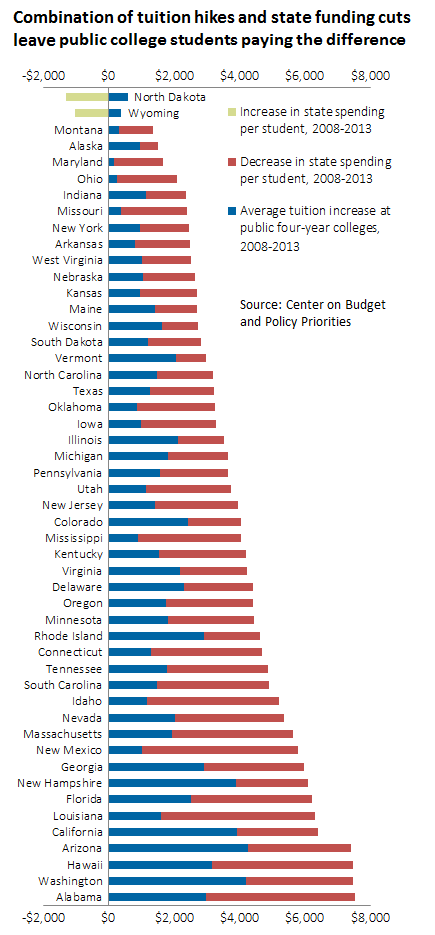Happening Now: Students Stage Sit-In at UC Berkeley to Protest Tuition Hikes
By:
UPDATE: More than 200 students gathered overnight in Wheeler Hall at UC Berkeley after a panel of University of California Regents agreed to a proposal that could increase tuition fees by 5% over the next five years. The demonstration continued into the morning with protestors positioned in the main hall while Tuesday's normal class schedule began in the rooms around them. The group is made up of a mix of Cal students, alumni, and other University community members who were against the tuition hike.
“Students are constantly dismissed at regents meetings,” [UC Berkeley sophomore Jake] Soiffer said. “We’re here because we’ve tried the normal routes, and they didn’t work.”
It was not the first time protestors gathered on the campus to protest tuition increases. A similar occupation of Wheeler Hall took place only five years ago in 2009, when over 40 occupiers were arrested while again protesting fee hikes.
California Gov. Jerry Brown is against the tuition hike, and he gathered with a large group of students protestors outside the building where the meeting was held.
The news continues a frightening trend that's common around the country. The cost of going to a UC school has risen from under $2,000 in the 1980s to $12,192, where it has been frozen since 2012. If the tuition increase is adopted, annual in-state tuition would grow to an estimated $15,563 for the 2019-20 school year. Out-of-state students would pay as much as $44,766.
UC President Janet Napolitano claims that the increases are necessary because the Governor's Office and the state have decreased funding for higher education, focusing instead on K-12. Gov. Brown proposed a committee to examine possible inefficiencies in costs as well as promote cost-saving programs such as online classes. UC officials have stated, however, that if state funding increases, then they are able to modify the increases accordingly.
California is barely an insolated case. See this graph:

In fact, while the cost of college has risen 1,120% since 1978, state funding towards college has actually been cut 40%. Over the last 5 years alone, government education spending has fallen by about $1,800 per student. Why is this happening? In a report earlier this year, The Chronicle of Higher Education said that the perception of taxpayer funding of public colleges is changing. "[O]nce viewed as worthy of collective investment for the greater good, [public colleges are] increasingly treated as vehicles delivering a personal benefit to students, who ought to foot the bill themselves." With states increasingly under budget pressures, other social services have taken priority over paying for public higher education.
There's one more piece that seems obvious based on lawmakers cutting college funding -- young people are not a formidable voting constituency. Politicians respond to pressure points. Clearly, there is not enough pressure on state lawmakers to keep college tuition costs down through increased state funding.
